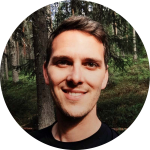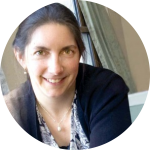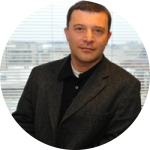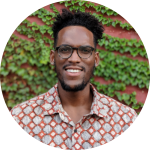This course uses the United Nations Sustainable Development Goals (SDGs) to highlight the multi-faceted field of global health. The SDGs address everything from gender equality to clean water and sanitation to affordable, clean energy. In examining how health intersects with these goals, this course draws on the expertise of Pitt and CMU as well as health and sustainability practitioners. Students who complete the course will understand how climate and sustainability contribute to good health and well-being from an truly interdisciplinary perspective.
With each global health crisis, the interconnectedness of populations around the globe becomes more pronounced. Diseases not only affect the health of communities, but they have a profound impact on political, economic, and social stability within countries and regions. This course engages the interdisciplinary nature of global health by approaching the issue through the lens of the Sustainable Development Goals (SDG) developed by the United Nations. The SDGs range in focus from good health and well-being to gender equality to clean water and sanitation to affordable, clean energy. By engaging the ways that health has a stake in these goals, the course will bring the expertise of faculty from the University of Pittsburgh and CMU as well as practitioners to understand and address the issue surrounding global health from a myriad of perspectives and avenues. With an applied focus, the course will assist students in engaging and advocating for a community on a global health issue through a policy memo. This iteration of the course will examine climate change and SDGs #13 and 15.
1 Credit for PITT students and 3 Units for CMU students is provided for the completion of each iteration of the mini-course.





